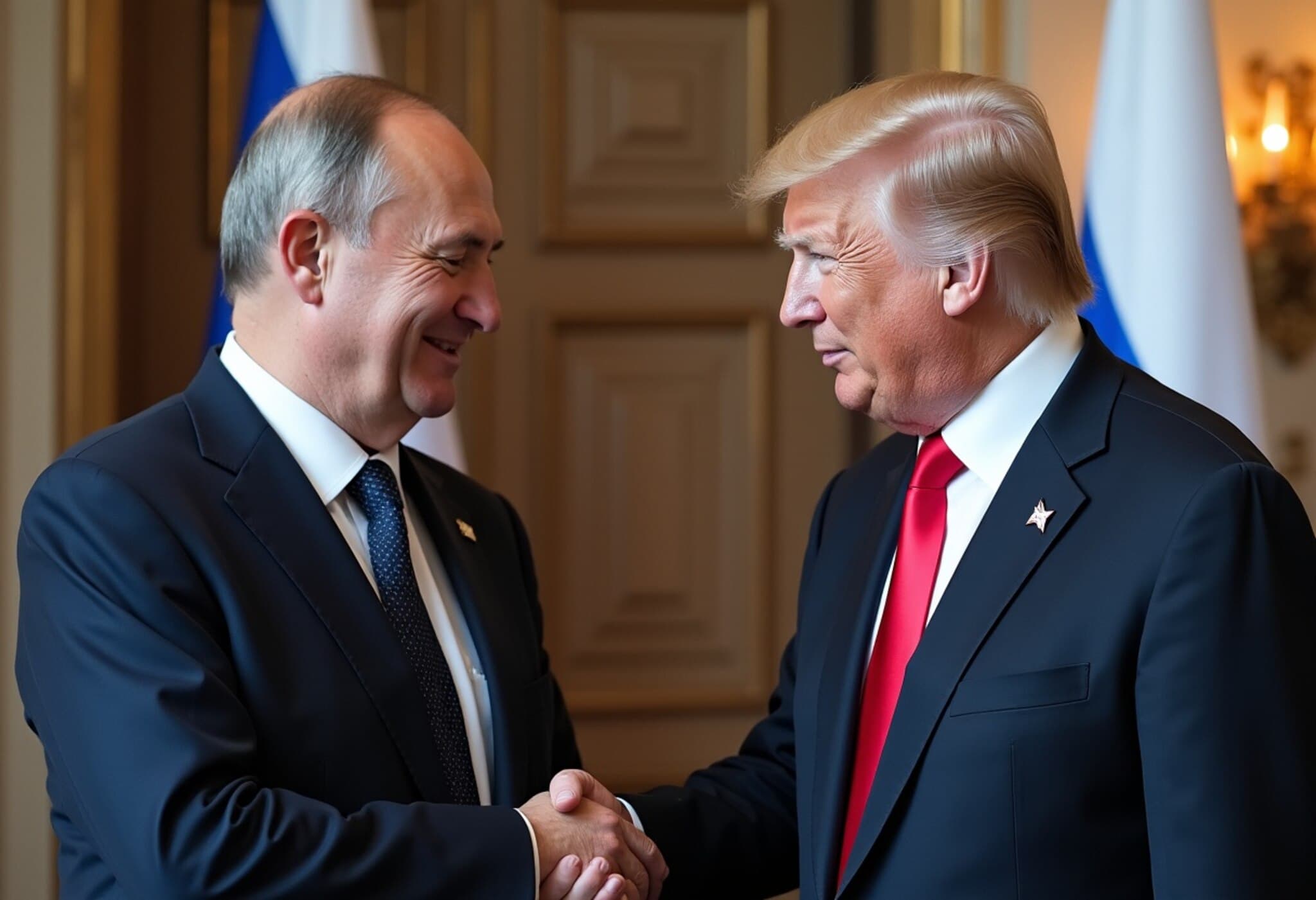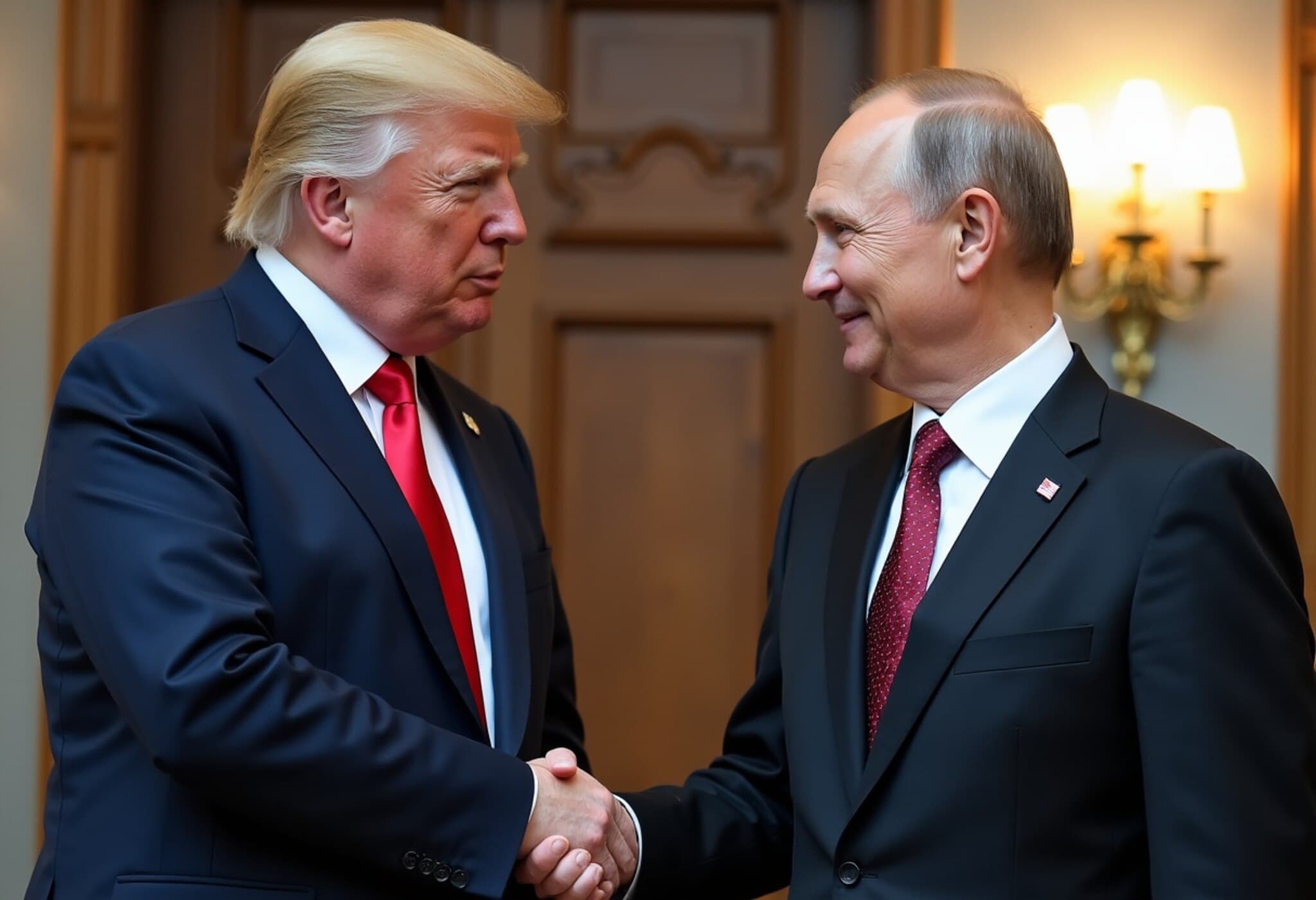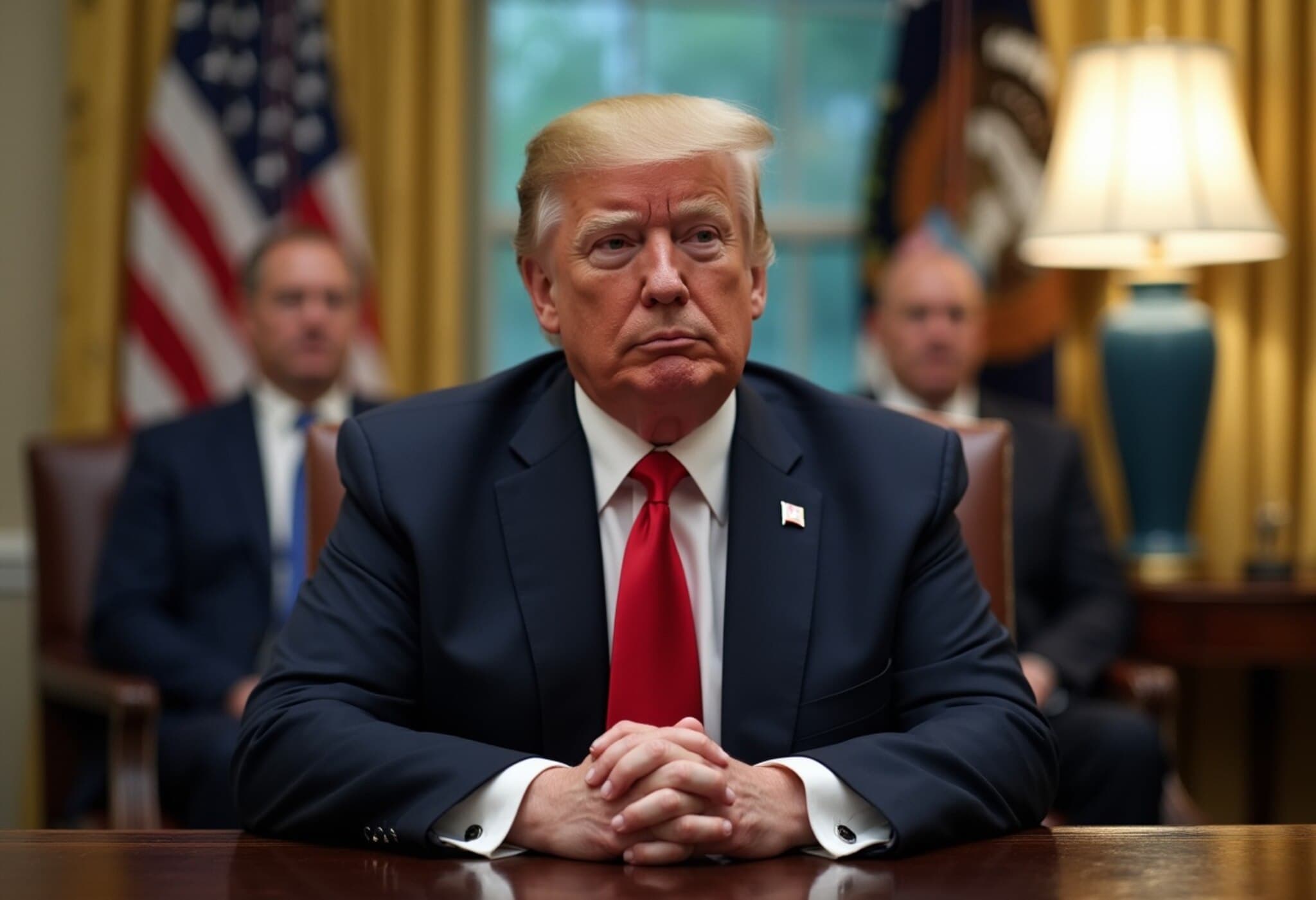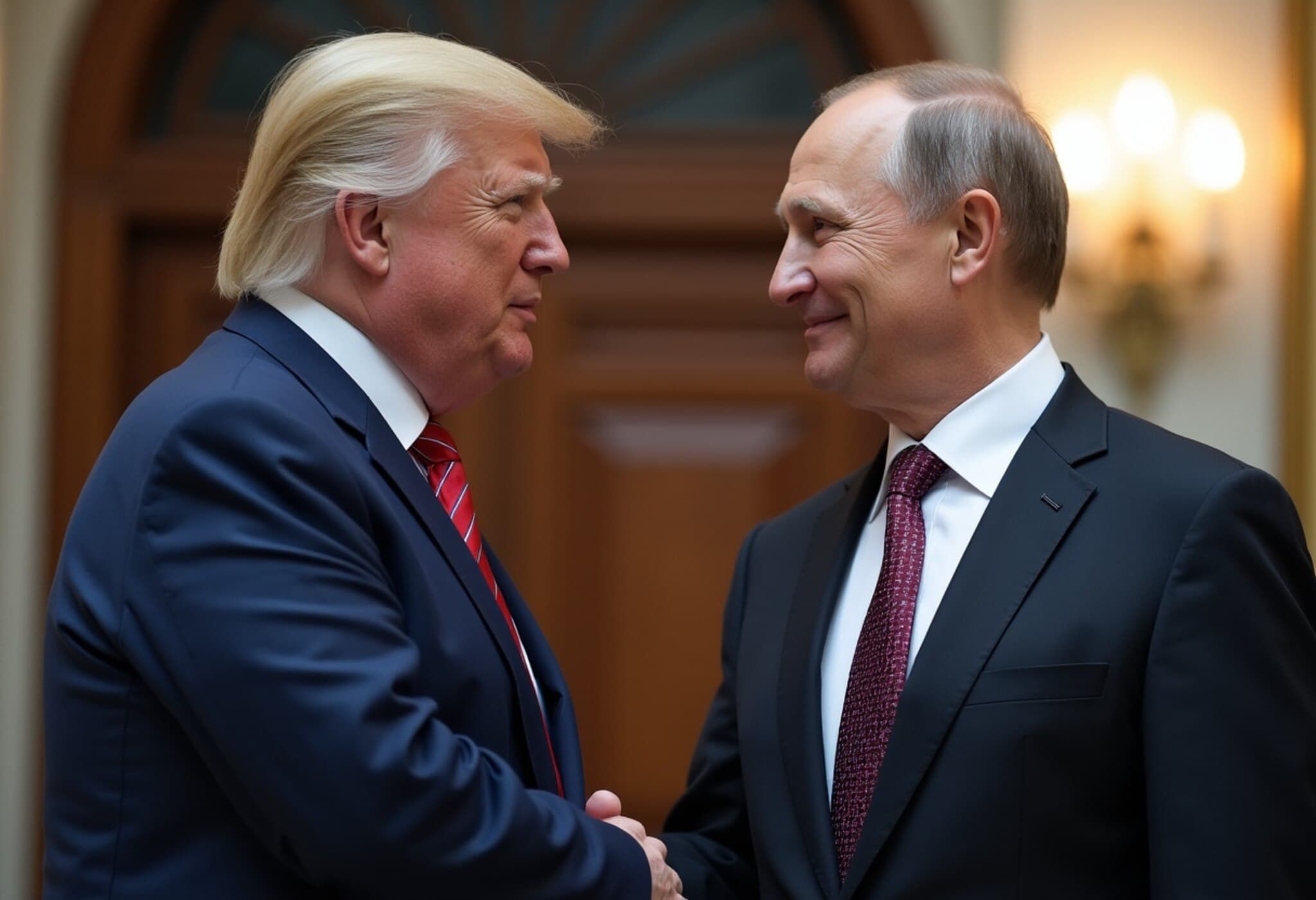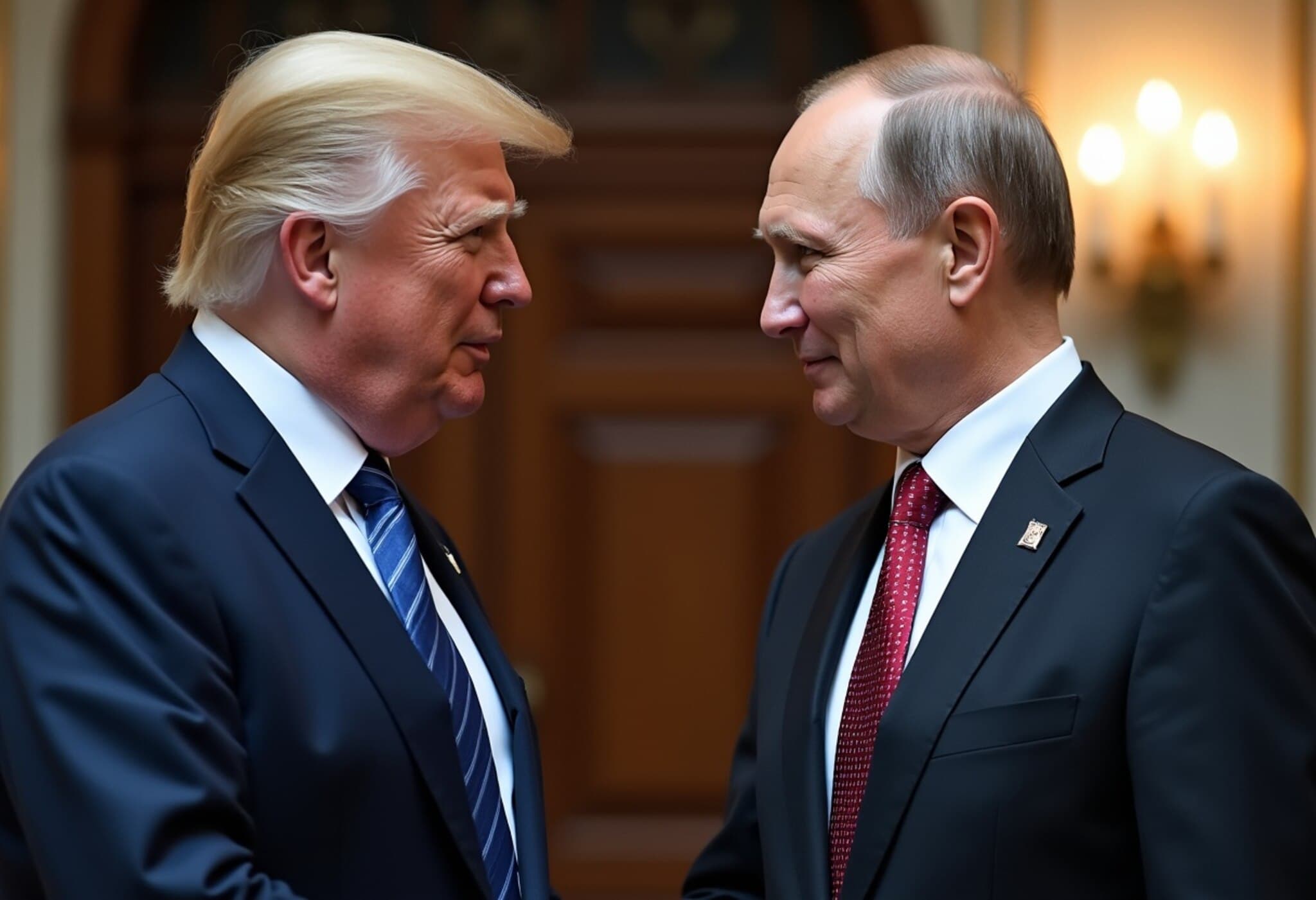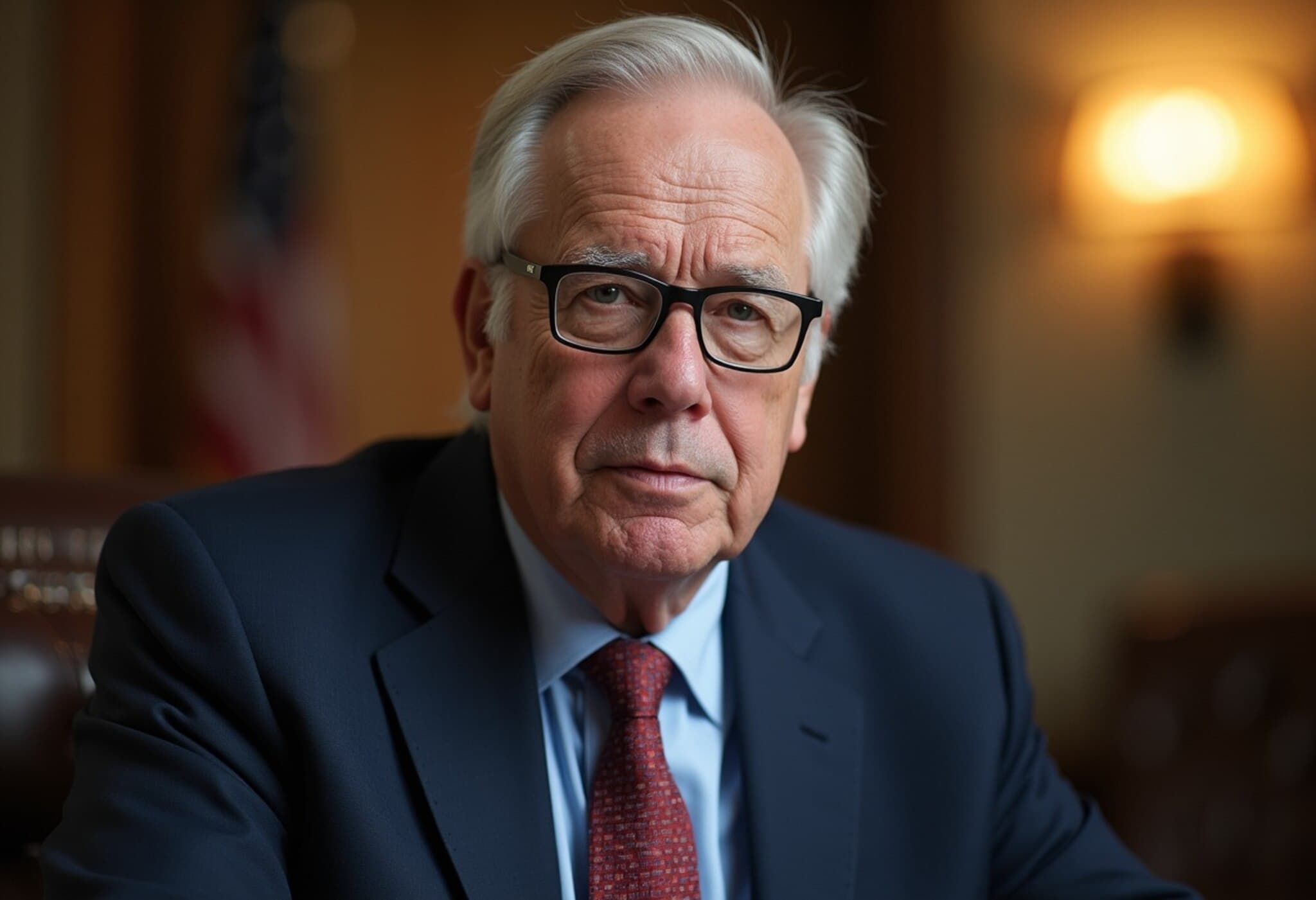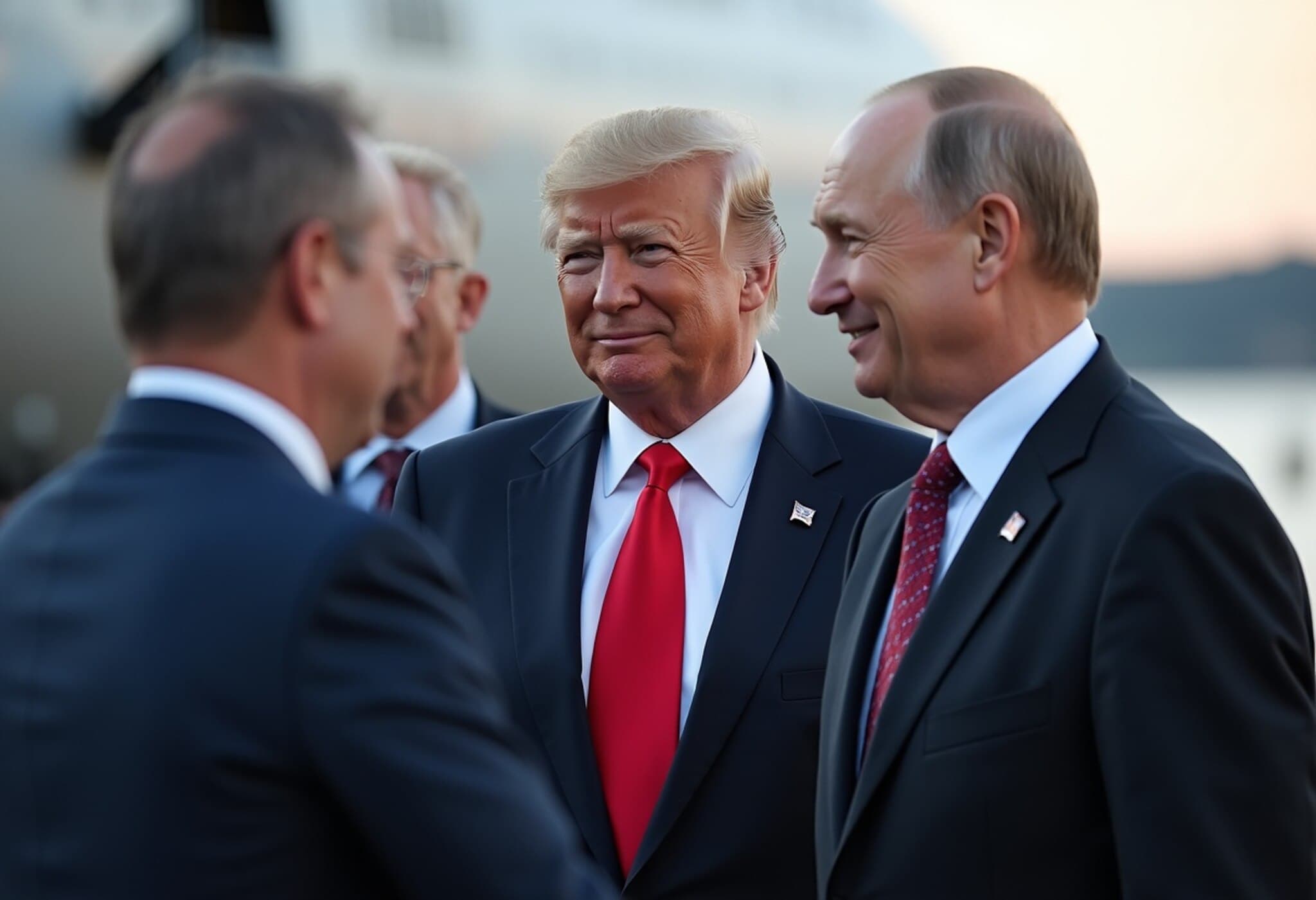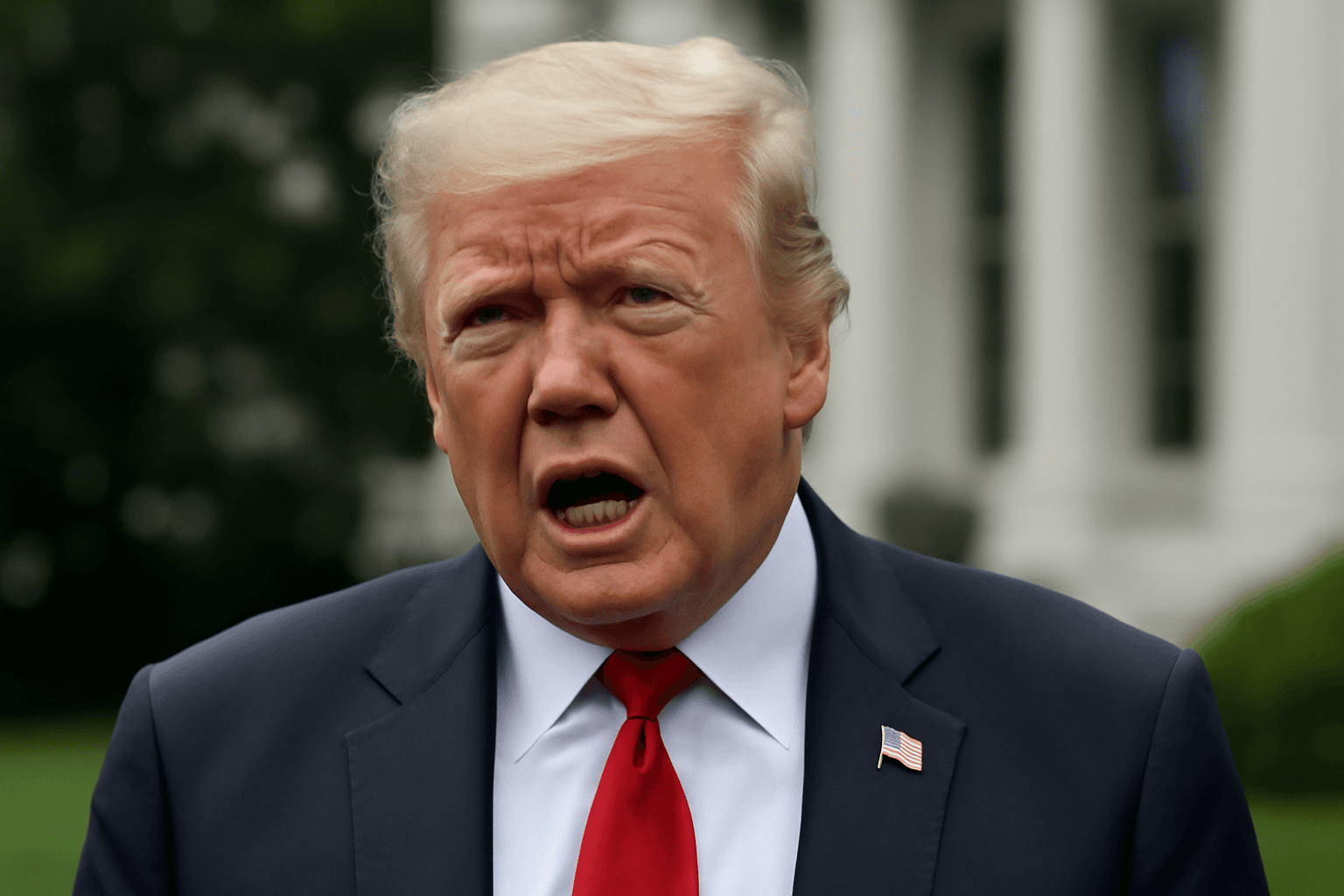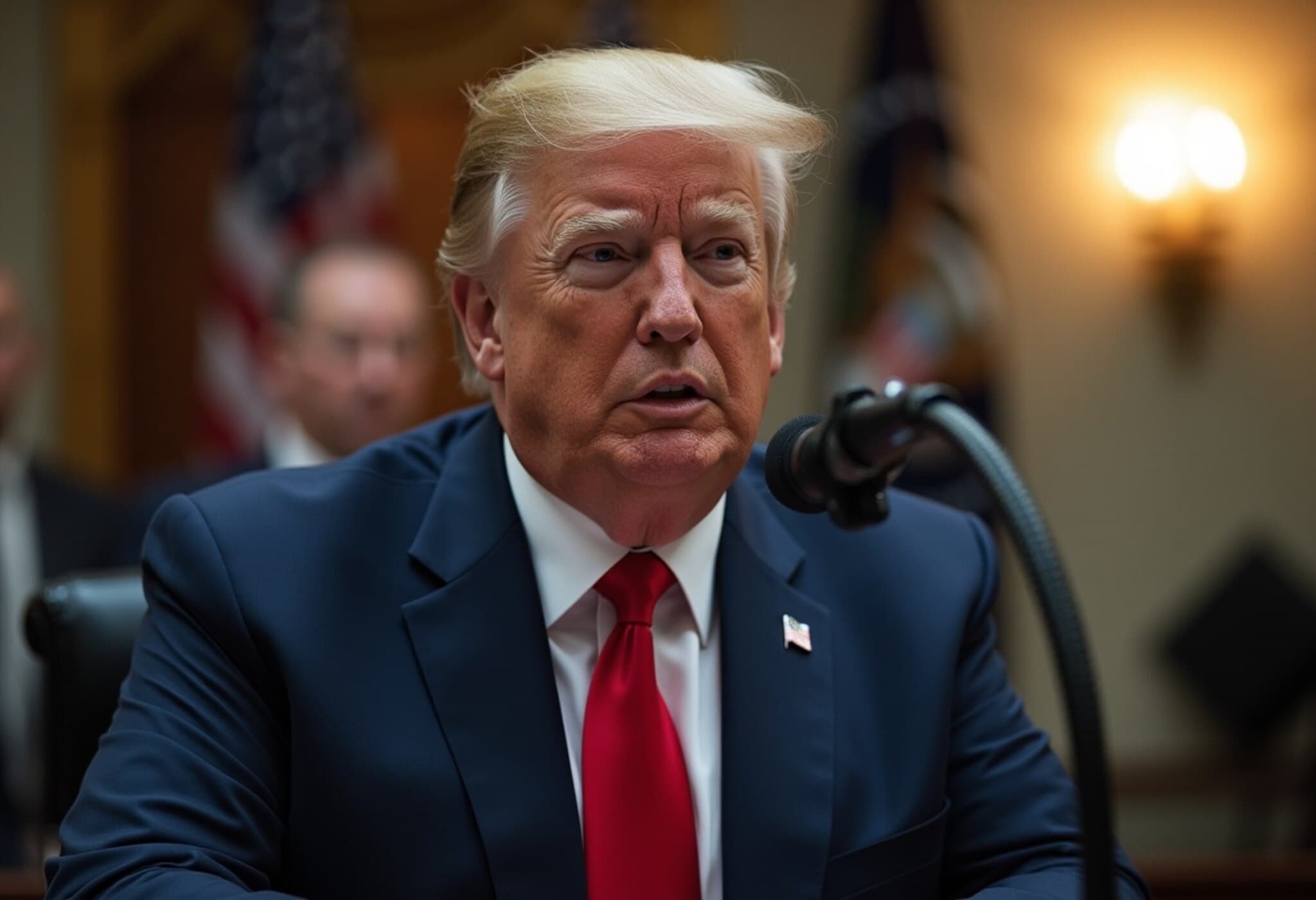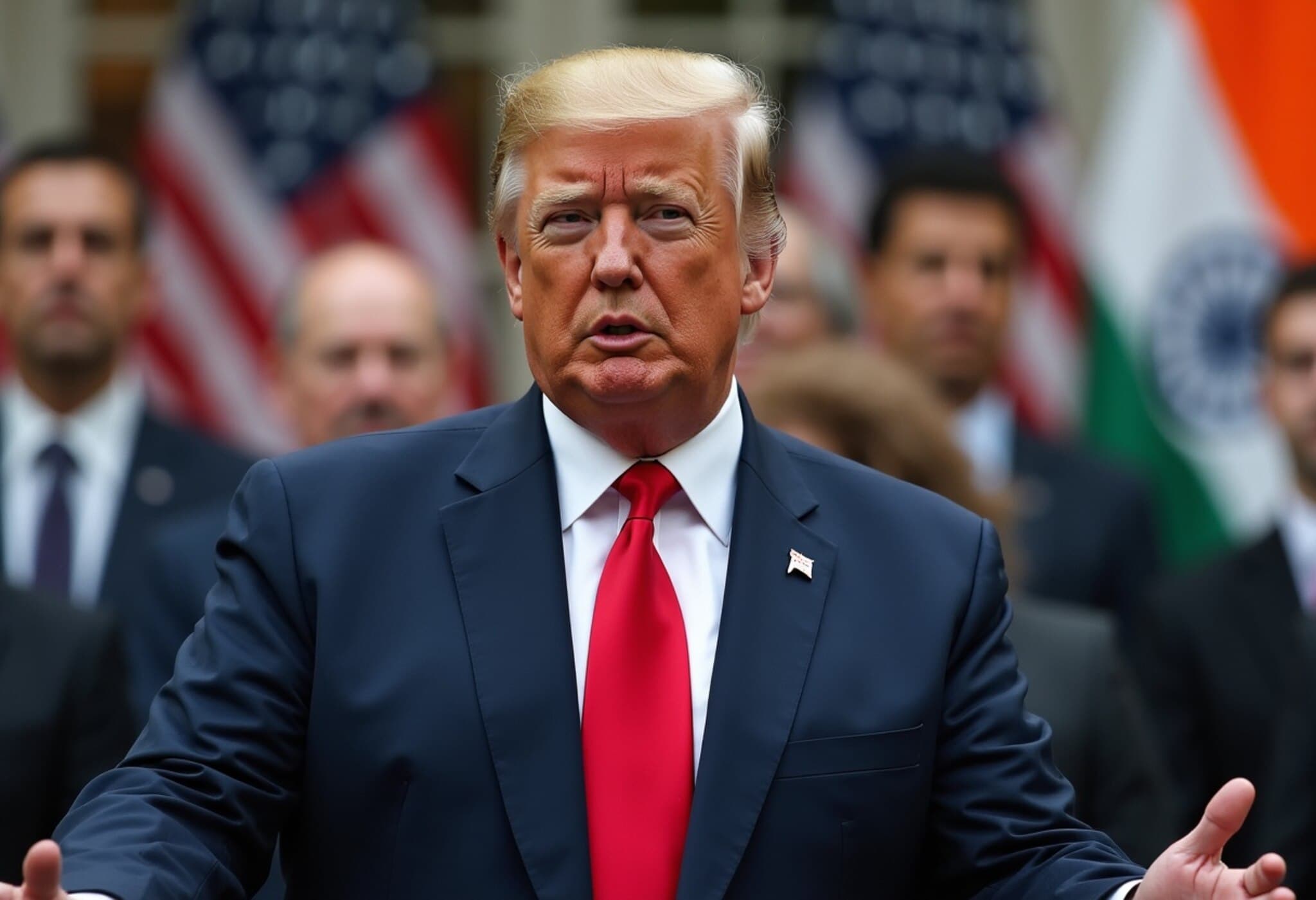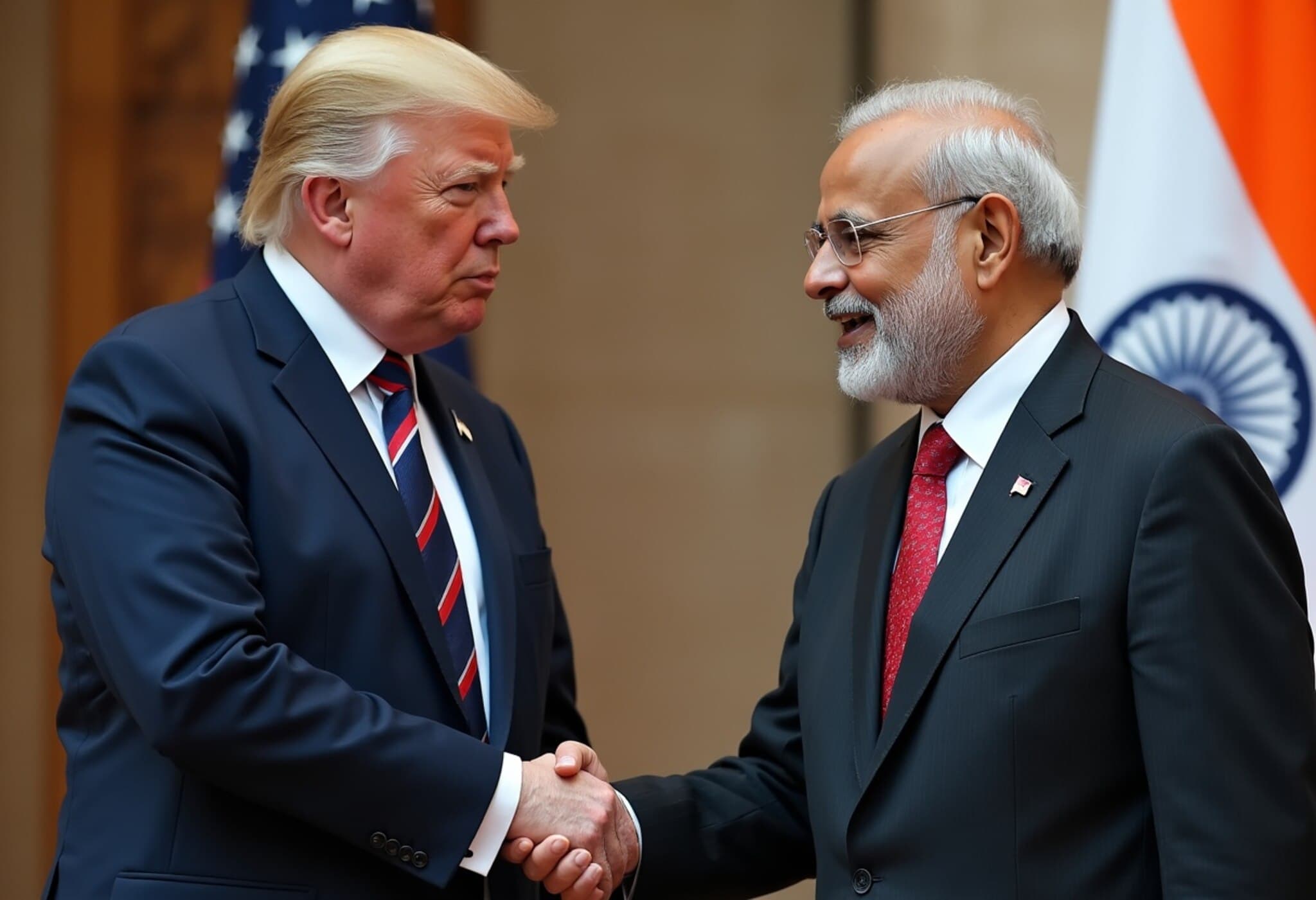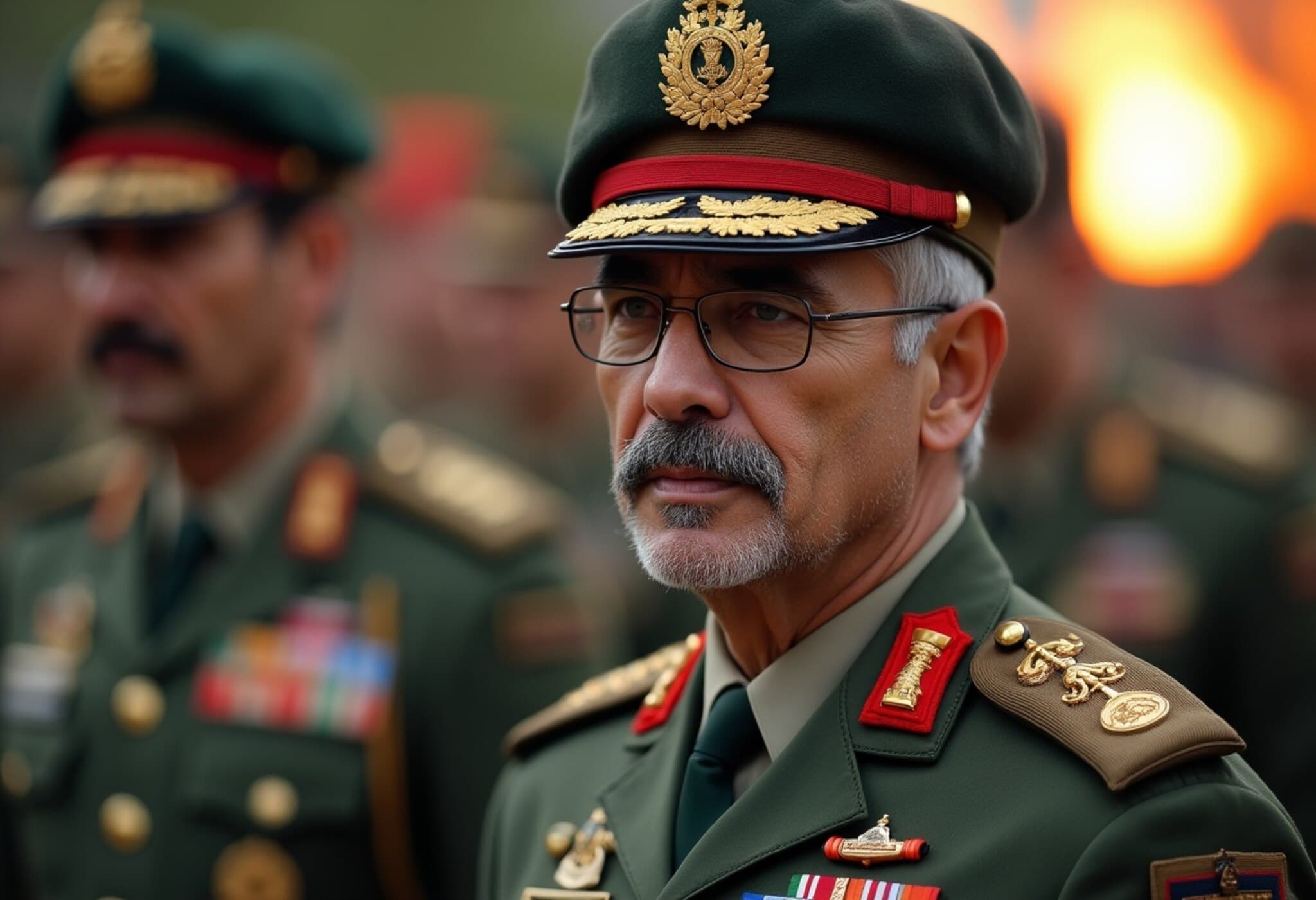Trump Pushes Back on Bolton’s Claim That Putin Has ‘Already Won’ Ahead of Alaska Talks
In a fiery exchange revealing deep divisions within the US political landscape, former National Security Advisor John Bolton recently characterized Russian President Vladimir Putin’s upcoming meeting with then-US President Donald Trump in Alaska as a “big win” for Moscow. Bolton’s comments, made in an exclusive interview with Indian news outlet Firstpost, ignited a sharp rebuttal from Trump, who dismissed Bolton’s assessment as misguided and labeled him a “loser and dumb.”
Bolton’s View: A Strategic Victory for Putin
John Bolton offered a pointed critique of the significance of the Alaska summit scheduled for August 2025. He emphasized that allowing Putin to meet on US soil - specifically in Alaska, once Russian territory until the 1867 purchase - represented a symbolic triumph for the Russian leader. Bolton described Putin as a “pariah leader of a rogue state” who has aggressively invaded Ukraine, making the upcoming engagement a contentious diplomatic moment.
Bolton told Firstpost: “It is a big win for Putin to come to the United States...On Friday, he’s going to get to stand next to the President of the United States and get his picture taken on territory that used to be Russian. Nobody in Russia has missed the fact that we bought Alaska from Russia in 1867.”
He also raised the concern that the optics of warmth or friendship between Trump and Putin could be politically leveraged by Moscow amid the ongoing Ukraine conflict, suggesting that the consequences for US foreign policy remain uncertain.
Trump’s Response: Rejecting the Narrative
Taking to his social media platform TruthSocial, Trump forcefully pushed back against Bolton’s narrative, accusing media outlets of bias and misinformation. He argued that the US is “winning at everything” and derided Bolton as a “fired loser” who does not understand the full scope of the situation.
- Trump asserted: “Very unfair media is at work on my meeting with Putin. Constantly quoting fired losers and really dumb people like John Bolton...”
- He framed the media coverage as “Fake News” aimed at undermining his accomplishments.
- Trump even suggested that if he had secured territories like Moscow or Leningrad in negotiations, the media would still accuse him of making a bad deal, highlighting his frustration with what he regards as relentless criticism.
Trump’s defense underscores an ongoing battle over the narrative surrounding US-Russia relations and America’s strategic posture on Ukraine. His insistence that the US maintains a position of strength contrasts with Bolton’s warning about conceding symbolic victories to Putin.
Broader Implications: A Divided US Approach to Russia
This public dispute between a former top national security official and the sitting president comes at a critical moment. The Alaska talks, designed to address the fraught situation in Ukraine, are under intense scrutiny from both domestic and international observers.
The disagreement raises essential questions about the coherence of US policy towards Russia and its allies, including longstanding efforts to recalibrate relationships with countries like India amid shifting global alliances.
Expert Insight: From an American foreign policy standpoint, Bolton’s critique reflects concerns held by many analysts that diplomatic engagements must not inadvertently confer legitimacy on aggressive actors. Yet, Trump’s approach signals a preference for direct dialogue, regardless of optics, underscoring tensions between realism and principle in US diplomacy.
What to Watch Ahead of the Alaska Summit
- Media Framing: Will US media continue to spotlight divisions among American policymakers, or focus on substantive outcomes of the summit?
- Diplomatic Outcomes: Can the US leverage the meeting to advance a unified strategy on Ukraine, or will it deepen geopolitical ambiguities?
- Public Perception: How will the American public react to contrasting narratives from their leaders regarding engagement with Putin?
Editor’s Note
This unfolding narrative between Donald Trump and John Bolton offers a window into the complexities shaping US-Russia diplomacy in the 21st century. It highlights not only the fiercely contested political narratives but also how symbolic gestures—like choosing Alaska for a summit—carry deep historical and geopolitical weight.
As the summit approaches, it is imperative to critically evaluate both the diplomatic substance and the messaging strategies employed by stakeholders. How America frames these discussions can either strengthen its position in global affairs or risk unintended concessions to authoritarian powers.
For readers and policy watchers, the challenge remains: parsing fact from political theater while anticipating real-world consequences for international peace and security.

